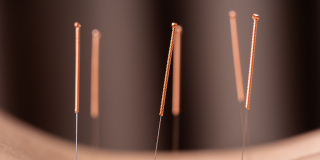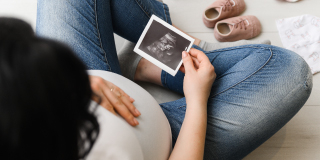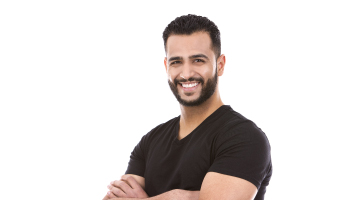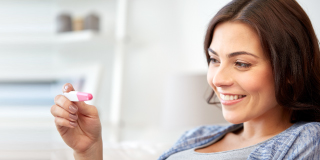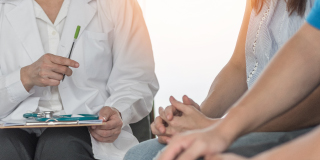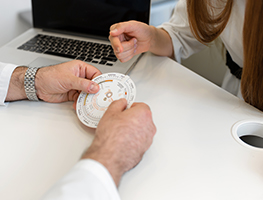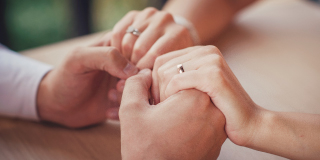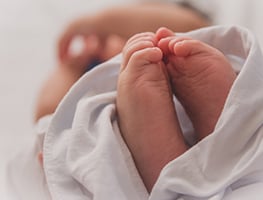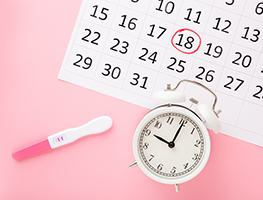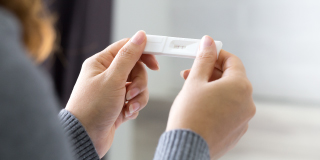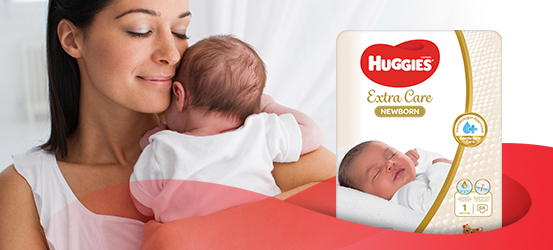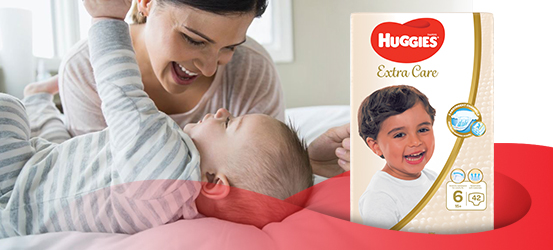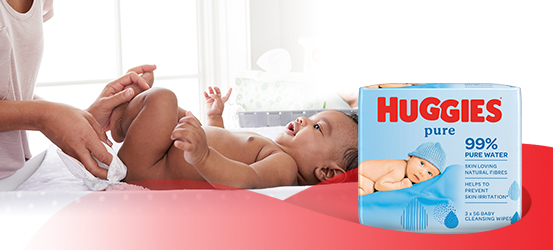Acupuncture fertility treatment is thought to have a positive effect on sperm formation and production in males and in promoting an optimal hormonal balance in females.
Despite a long tradition of using acupuncture to treat fertility problems in the past, there were few scientific studies to confirm the link between acupuncture and fertility until recently; and with scientific support now fairly clear, there are a lot more acupuncture clinics in the greater metropolitan areas, offering treatment for couples experiencing fertility problems.
Acupuncture fertility treatment: theory
Traditional Chinese medicine is based on theories about energy paths that run through our body, called meridians. Health problems – including infertility – are the result of blockages in these meridians that disrupt the flow of energy (called chi) through the body.
A trained acupuncturist spends a number of years learning to analyse a patient’s chi and finding the right way to enhance their energy flow and undo blockages.
Using acupuncture needles, particular points of the body are targeted so that chi can again flow freely.
Few scientists have been able to offer explanations about how acupuncture works, although there have been a convincing number of peer-reviewed scientific studies that demonstrate its effectiveness in treating a variety of conditions, including fertility problems.
Some scientists believe that acupuncture needles may trigger the release of particular hormones, which change the body’s response to a particular condition or illness. There’s evidence that acupuncture will often result in the stimulation of the body’s natural healing abilities through the release of beta-endorphins, which reduce pain.
A number of studies have used MRI to discover that the brains of patients treated by acupuncture light up in zones that relate to the part of the body being treated, rather than the location of the needle, suggesting that there is some supporting evidence to indicate that acupuncture does have some effect, even if Western medicine can’t come up with a convincing explanation for why it works.
Acupuncture and Fertility: IVF
A recent series of studies conducted at the University of Adelaide fertility clinic, Repromed, found that acupuncture increased the success rates of IVF embryo transfer by around 50%.
Some alternative healthcare practitioners combine acupuncture fertility treatment with Chinese herbal medicine fertility treatment.
Acupuncture fertility treatment is thought to improve hormone balance, increase blood circulation in the uterus, and reduce the likelihood of miscarriage.
It is believed that, when used in combination with IVF and other ART treatments, acupuncture fertility treatments can improve the likelihood of a successful embryo transfer.
Acupuncture and fertility: sperm production
There have been a number of studies suggesting that acupuncture can have a positive effect on both the quantity and the quality of male sperm.
Around 40% of infertility is due to problems with the man, 40% with the woman and 20% is due to outside factors. A low sperm count is the big culprit in male infertility. A low sperm count is fewer than 15 million sperm per milliliter of semen or fewer than 39 million per ejaculate.
There was a study that suggested five weeks of twice-weekly fertility acupuncture treatment can increase the total number of normal sperm and reduce the structural abnormalities in sperm.
Fertility acupuncture for males has also been shown to improve sperm production and motility, however it does not treat all sperm abnormalities, with one study showing that immature sperm or sperm death were not improved by acupuncture.
Acupuncture and fertility: endocrine function
Some research suggests that women with fertility problems that are related to endocrine dysfunctionality may have more success with acupuncture than with Western drug treatment.
Many fertility clinics are willing to combine drug-based treatment with acupuncture and, if you are interested in doing this, it’s worth finding medical specialists and trained qualified acupuncturists who will work together.
Always speak to your healthcare professional first.
Acupuncture and fertility: stress
Many acupuncture clinics focus on delivering treatment in a calm, relaxing environment and acupuncture is often used as a treatment to reduce stress and anxiety. This is one reason why acupuncture is thought to be a helpful co-treatment for those undergoing IVF or other ART treatments, which can be very stressful.
How acupuncture fertility treatment works
Most acupuncture practitioners will take a case history and do their own assessment before designing a therapy.
A number of different acupuncture treatments are used to treat infertility; these include acupuncture needling (which uses a series of very thin needles on particular external points on the body, including soles of the feet, palms, limbs, even ears), electronic stimulation of acupuncture points, changes in diet, Chinese herbal medicines and recommendations for changes in general lifestyle.
The acupuncture points selected for fertility treatment will vary between patients; however commonly known acupuncture points related to female fertility are on the lower back, the lower abdomen, and the legs. There are also common acupuncture points on the head, neck, upper back and arms, which promote relaxation, and points on the ear that are thought to influence hormonal disorders.
Why choose acupuncture fertility treatment?
Most reputable acupuncture practitioners recommend acupuncture for ‘functional’ rather than ‘structural’ causes of infertility – that is, if causes are thought to be hormonal or concerned with bodily substances rather than ‘structural’, for example, those which involve tube blockages or which might be treated with surgery.
Choosing an acupuncturist
You may be able to get a recommendation for a reputable qualified practitioner from your own doctor or, if you are attending a fertility clinic, you may find a practitioner that is recommended by the clinic.
NOTE: The information provided in this article should not replace the advice or recommendations of your doctor or healthcare professional.

